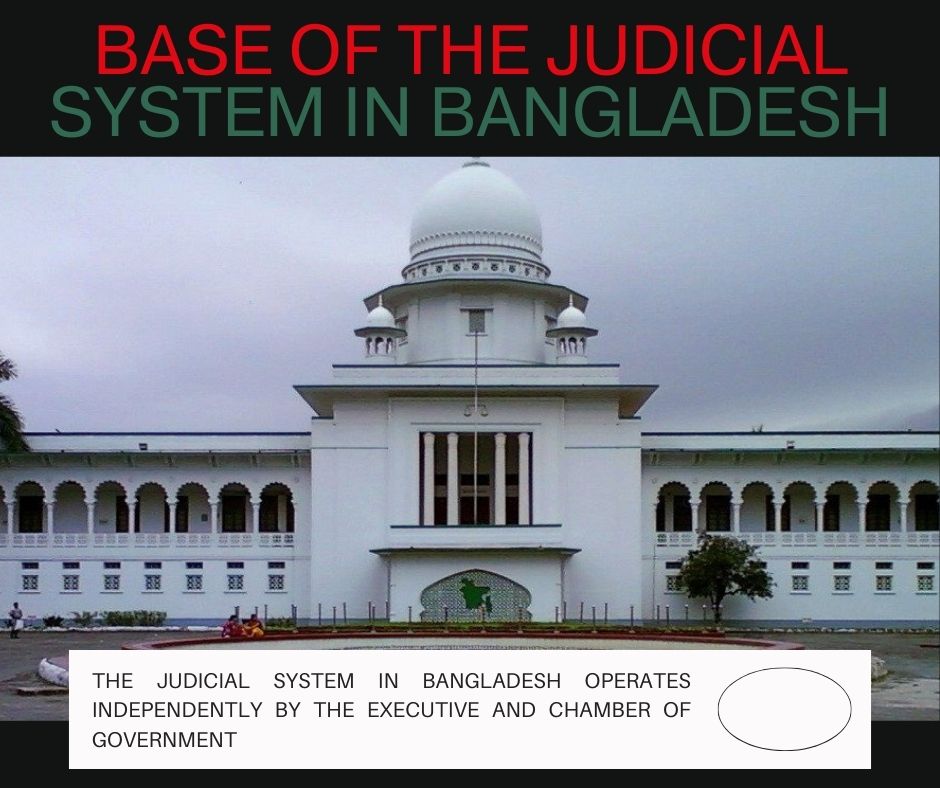The judicial system in Bangladesh operates independently by the executive and chamber of government. It consists of several tiers, which are lower courts, appellate courts and the Supreme Court of Bangladesh. Top Bangladeshi law firms and best lawyers practice in all the courts.
The lower courts deal with civil and criminal cases. It is presumed that the best Bangladeshi lawyer along with best law firms operates in the lower courts. The higher courts, particularly the Supreme Court, handle appeals, constitutional matters, and the administration of justice. The top Bangladeshi law firms with good barristers and advocates operate here.
The Appellate Division of the Supreme Court plays a crucial role in the Bangladesh’s judicial system. They hold the power of serving the final judgment of legal disputes, safeguarding constitutional principles, and ensuring access to justice for all citizens.
Top law firms in Bangladesh faces some challenges in Bangladesh. The government is trying to reform the legal system so that the challenges are met and that the top law firms can function effectively.
The government is trying to digitize court records, reduce paperwork, and facilitate greater transparency in legal proceedings. They are trying to train up the judges and court staff and modernize the court procedures and other mechanisms. Various training programs are arranged by the government in order to train the lawyers, staff and judges so that they can improve their professional skills, ethical standards and the quality of judicial decision-making. Once done, it will benefit the common people since it will be easier for the best lawyers in Bangladesh to operate.
Furthermore, Bangladesh is expanding legal aid services for the underserved communities so that they have equal access to legal remedies. Special tribunals are working hard at the same time to resolve the problem of family issues like marriage, divorce, guardianship, and maintenance under family law. On the other hand, anti-corruption tribunals are dealing with prosecuting cases of corruption and financial misconduct under specialized anti-corruption laws.
Though significant progress has been made in recent years, Bangladesh still needs efforts to address the remaining challenges and confrontations. Necessary steps should be taken from all stakeholders, including the government, legal professionals, civil society, top Bangladeshi law firms, best lawyers and also the international community in order to strengthen the judiciary’s capacity to deliver impartial and efficient justice.

